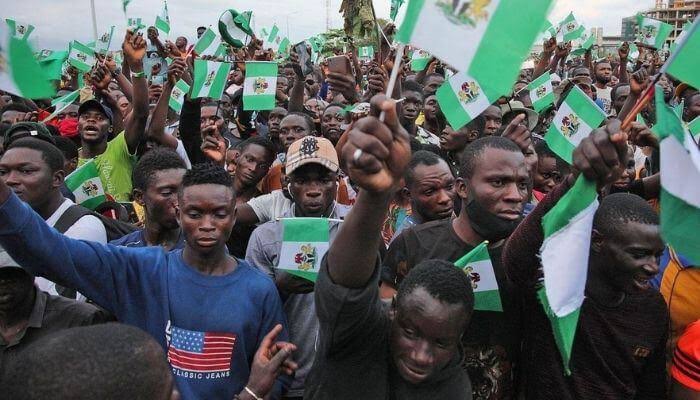The Isoko National Youth Assembly (INYA) Worldwide has proposed solutions that could avert the planned nationwide protests against hunger and hardship.
INYA President, Comrade Eniwake Orogun, in a statement made available to the press on Saturday, acknowledged the hardship in the land occasioned by hasty government policies.
Orogun a former President of the Students Union Government, SUG, University of Benin, urged President Bola Tinubu to dialogue with the protest organisers and also review some of his administration’s policies that caused hardship on the people for the strike action billed for August 1 to August 10 not to take place.
The Isoko youth leader also appealed to the youths and security agencies to avoid violent protests and destruction of national and state assets while also appealing to security agencies to treat protesters civilly if the protest goes ahead due to failure to dialogue and engage with the protesters.
According to him, “Today, we are at the edge as a nation, with all aspects of existence greatly troubled, from economy, security, socio-political and corporate existence coming under some form of distress and perplexity”.
Comrade Orogun added “It is said that light exists at the end of the tunnel but this particular tunnel seems too long that not even a flicker of light is in sight. It would be foolhardy to try to deny or explain the hardship which pervades the land, exacerbated by policies such as fuel subsidy removal, which many believe has produced the unintended outcome, or should we say, the exact intended outcome associated with wrong timing or hasty policy implementation, favourable only to some fifth columnists? ”
Read also: “We’ll develop markets to boost trade” – LG chair
He opined that “many are hungry, weak and beggarly. The hardship is palpable and succour seems far. The proposed protest is only a natural response which is the least the vast majority of those who live below the baseline can do at this material time.”
He stressed that regardless this protest can be avoided with constructive engagement of critical stakeholders with a genuine view to providing short-, medium and long-term solutions to the myriad of problems facing the people. Reevaluate its priorities and address head-on on issues such as inflation, insecurity and high cost of governance.
He also urged the President to reconsider policies such as fuel subsidy removal, floating of the naira and liberalization of our economy which has never worked in Nigeria or any part of Africa and have proven to be very injurious to individuals, families, and businesses.
He admonished the country leaders to learn from the 2011 Arab Spring and the recent not too good experience of the Endsars protest from which Africa and Nigeria are yet to fully recover from and act in the best interest of the nation.






